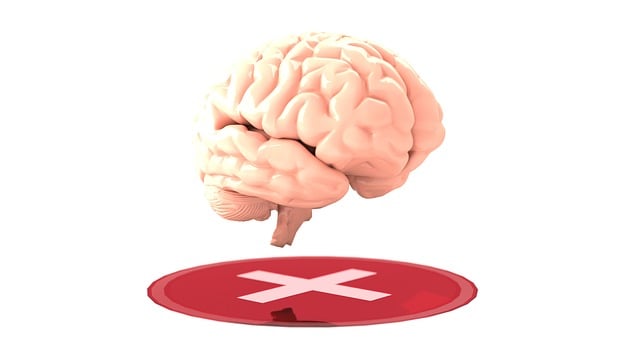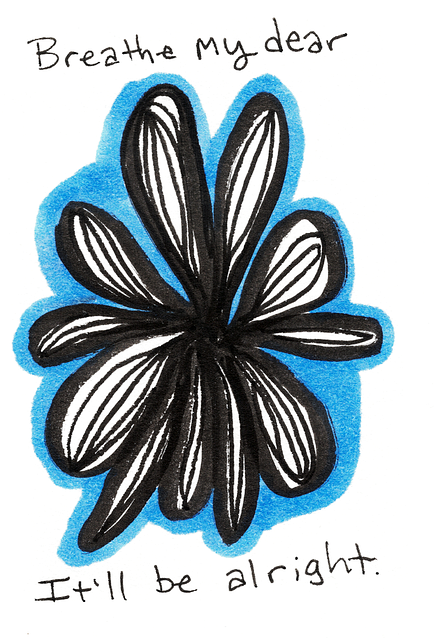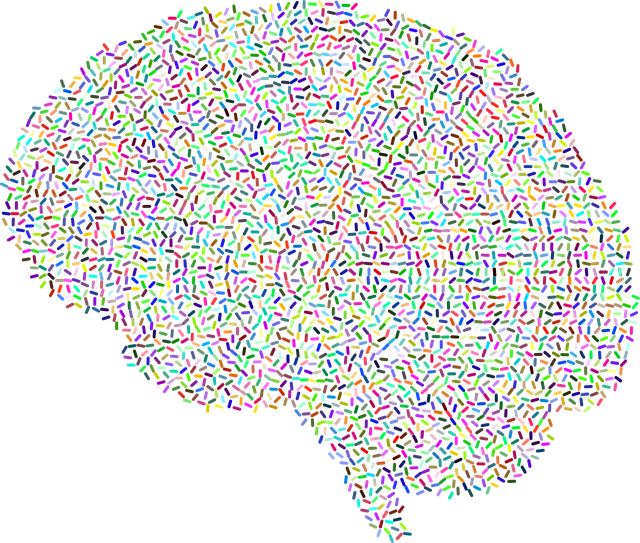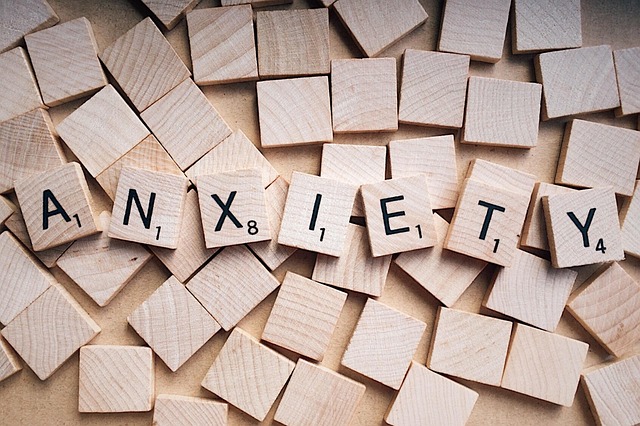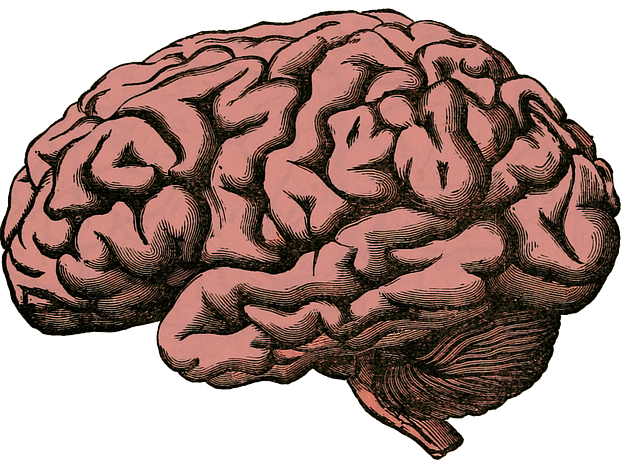The growing demand for mental wellness apps reflects a societal shift towards recognizing their role in enhancing access and affordability of mental health care. Apps like Boulder Neuro Disorders Therapy leverage technology to overcome geographical barriers, particularly for underserved populations, focusing on stress, anxiety, depression, and other common issues. This trend is driven by increased mental health awareness and changing attitudes toward therapy and self-care. Integrating evidence-based tools promoting resilience and well-being, these apps are becoming integral to mental health policy and advocacy, emphasizing innovative solutions like digital therapeutics while necessitating risk management planning for professionals integrating them into traditional models. Effective development blends science and empathy, with personalized treatment plans, interactive tools, strict data encryption, and user feedback updates. User-friendly interfaces encourage engagement, gamification, and clear communication strategies motivate users to manage their mental health proactively. While presenting opportunities, the field also faces ethical challenges regarding user data privacy and security, requiring robust measures to protect vulnerable information. Future prospects include public awareness campaigns and community-building features.
Mental wellness apps have emerged as powerful tools, offering accessible therapy options for a wide range of users. This article explores the rise of these innovative solutions, focusing on how they cater to various mental health needs. From understanding key features like personalized treatments and mindfulness exercises, to designing engaging user experiences, we delve into strategies that enhance app effectiveness. Additionally, ethical considerations and future prospects for Boulder Neuro Disorders Therapy apps are discussed, highlighting their potential to revolutionize mental wellness support.
- Understanding Mental Wellness Apps and Their Rise
- Key Features for Effective Therapy Applications
- Designing User Experiences for Better Engagement
- Ethical Considerations and Future Prospects of Boulder Neuro Disorders Therapy Apps
Understanding Mental Wellness Apps and Their Rise

In recent years, the demand for mental wellness apps has skyrocketed, reflecting a growing recognition of their potential to improve access and affordability of care. These digital tools offer a wide range of services, from mindfulness exercises and meditation guides to cognitive-behavioral therapy programs and community support networks. Mental wellness apps are particularly appealing for individuals seeking convenient, discrete, and personalized approaches to managing stress, anxiety, depression, and other common mental health challenges.
This trend is not merely a product of the digital age; it’s also fueled by increased awareness about mental health issues and shifting attitudes towards therapy and self-care. Apps like those offering Boulder Neuro Disorders Therapy illustrate how technology can democratize access to care, breaking down geographical barriers and providing support to underserved populations. Moreover, stress reduction methods integrated into these apps cater to the growing demand for evidence-based tools that promote resilience and overall well-being. This shift is also reflected in the broader mental health policy analysis and advocacy landscape, with increasing recognition of the need for innovative solutions like digital therapeutics. However, as the use of mental wellness apps expands, so does the importance of risk management planning for mental health professionals to ensure safe and effective integration within traditional care models.
Key Features for Effective Therapy Applications

In the realm of mental wellness app development, creating effective therapy applications requires a blend of science and empathy. Key features that set apart successful apps like Boulder Neuro Disorders Therapy include personalized treatment plans tailored to individual needs, utilizing evidence-based techniques such as Cognitive Behavioral Therapy (CBT) for Anxiety Relief and Self-Esteem Improvement. Integrating interactive tools like mood tracking, meditation guides, and mindfulness exercises enhances user engagement, fostering emotional well-being promotion techniques that are accessible and convenient.
Additionally, incorporating features for real-time feedback and communication with therapists or support groups creates a supportive ecosystem. Secure data encryption and privacy protocols ensure trust, encouraging users to openly discuss their challenges. Regular updates based on user feedback and the latest research in neurotherapy solidify these apps’ positions as dynamic tools for navigating mental health journeys, much like Boulder Neuro Disorders Therapy leading the way in innovative treatment solutions.
Designing User Experiences for Better Engagement

Creating intuitive and user-friendly interfaces is key to developing a mental wellness app that encourages engagement and fosters positive outcomes for users dealing with conditions like Boulder Neuro Disorders Therapy. Incorporating interactive features, such as personalized dashboards, allows individuals to actively participate in their healing journey. By providing clear navigation and straightforward tools, the app ensures users can access resources for Depression Prevention and Self-Awareness Exercises effortlessly, thereby promoting consistent use.
Effective communication strategies, both within the app’s design and content, play a significant role in user engagement. Incorporating gamification elements, progressive feedback systems, and engaging visual cues can motivate users to complete tasks and track their progress. These interactive approaches not only enhance the overall experience but also encourage users to embrace proactive measures for managing their mental health, ultimately leading to better outcomes.
Ethical Considerations and Future Prospects of Boulder Neuro Disorders Therapy Apps

The development of Boulder Neuro Disorders Therapy apps presents a promising avenue for mental wellness support, but it also demands meticulous ethical considerations. As these applications gain popularity, ensuring user data privacy and security becomes paramount. Developers must adhere to strict guidelines when handling sensitive neurological information, especially as many individuals with neuro disorders are already vulnerable to various online risks. Transparency in data collection practices and informed consent mechanisms should be integral to app design.
Looking ahead, the future of Boulder Neuro Disorders Therapy apps holds significant potential for improving access to care. Public Awareness Campaigns can play a pivotal role in promoting these applications, educating users about their benefits, and encouraging early intervention. Moreover, integrating Conflict Resolution Techniques within these apps could foster supportive communities, enabling individuals to share experiences and learn coping skills development strategies from peers. This holistic approach has the capacity to revolutionize mental health support, making it more personalized, accessible, and effective.
Mental wellness apps, particularly those focusing on Boulder Neuro Disorders Therapy, have emerged as powerful tools for managing mental health. By integrating key features like personalized therapy sessions, engaging user experiences, and ethical data handling, these applications offer accessible and effective support. As technology advances, the future of Boulder Neuro Disorders Therapy apps looks promising, with potential to revolutionize mental healthcare by providing convenient, personalized treatment options tailored to individual needs.

